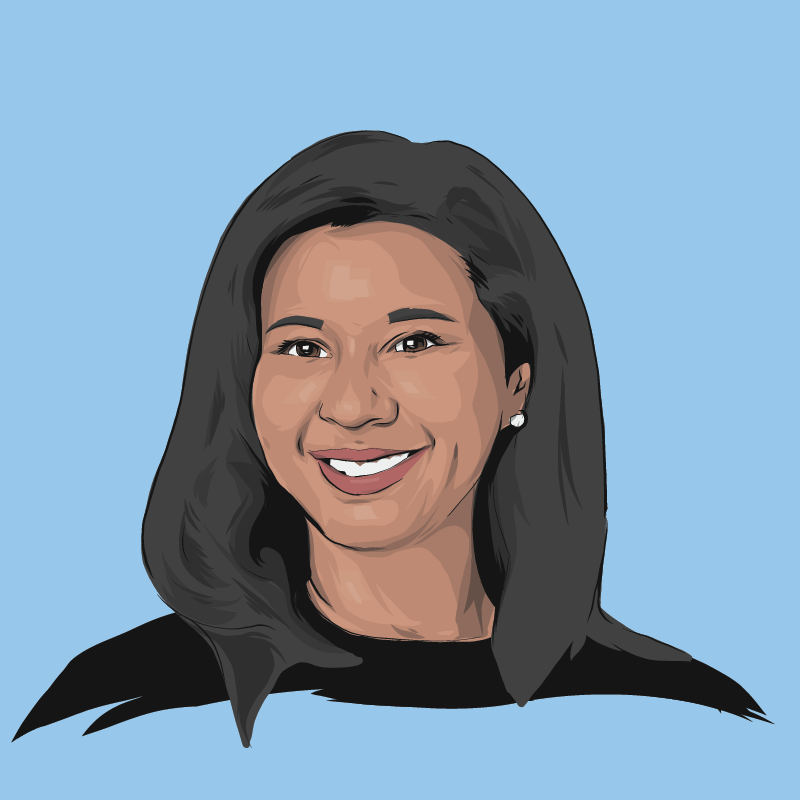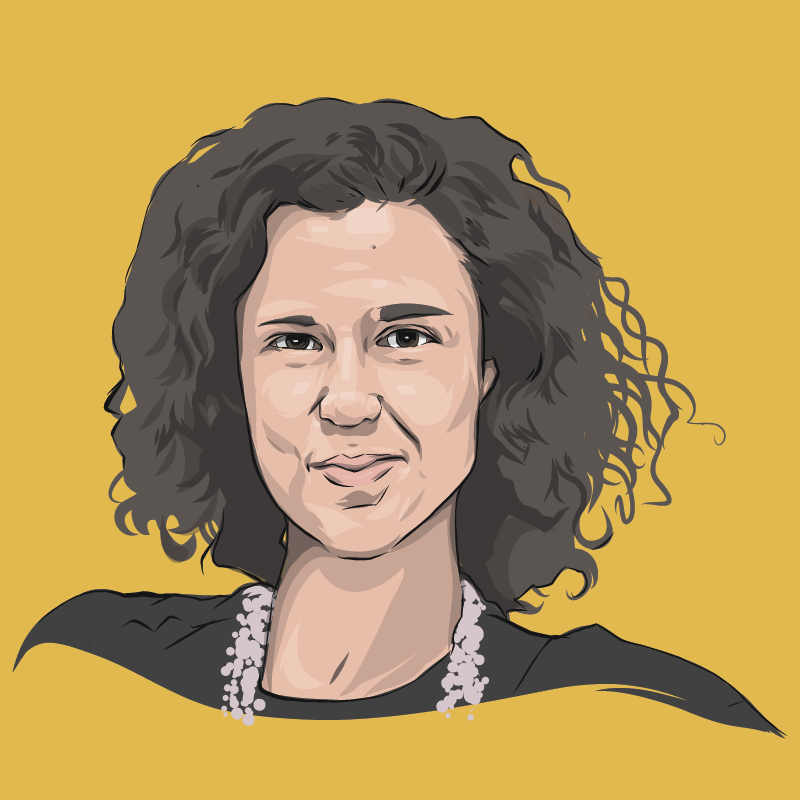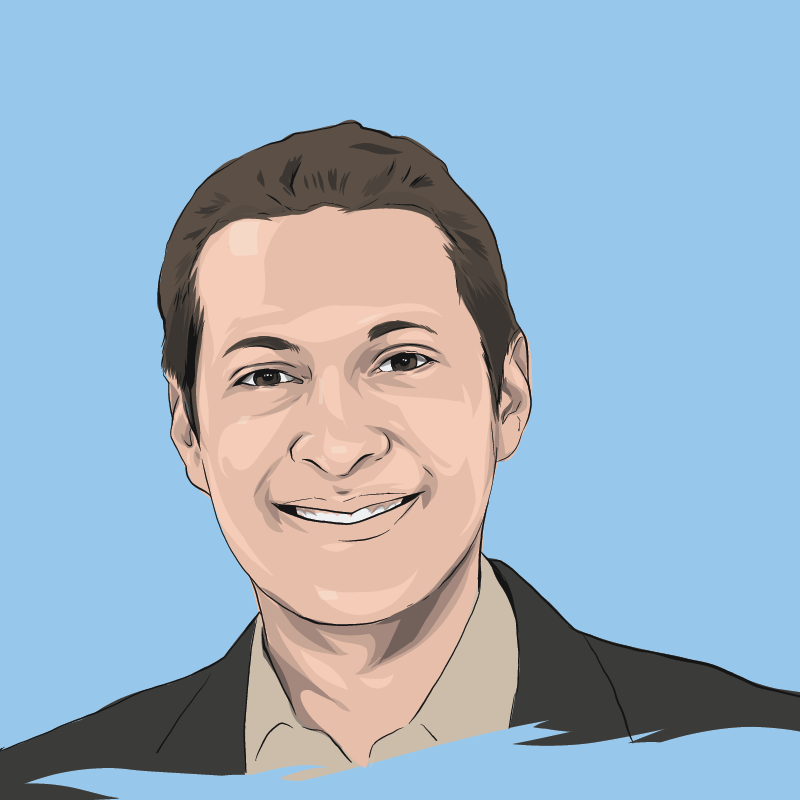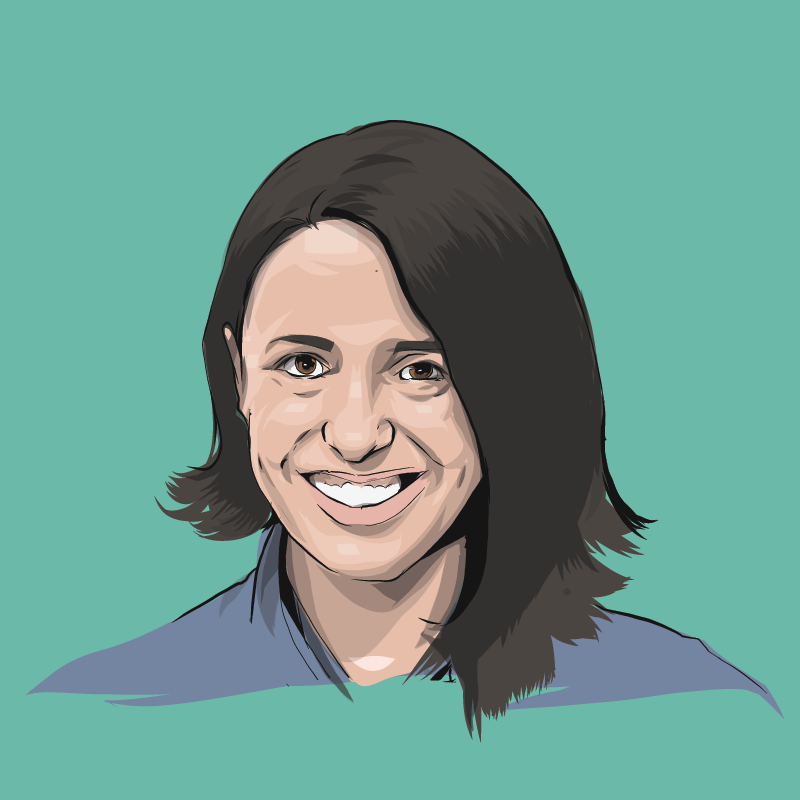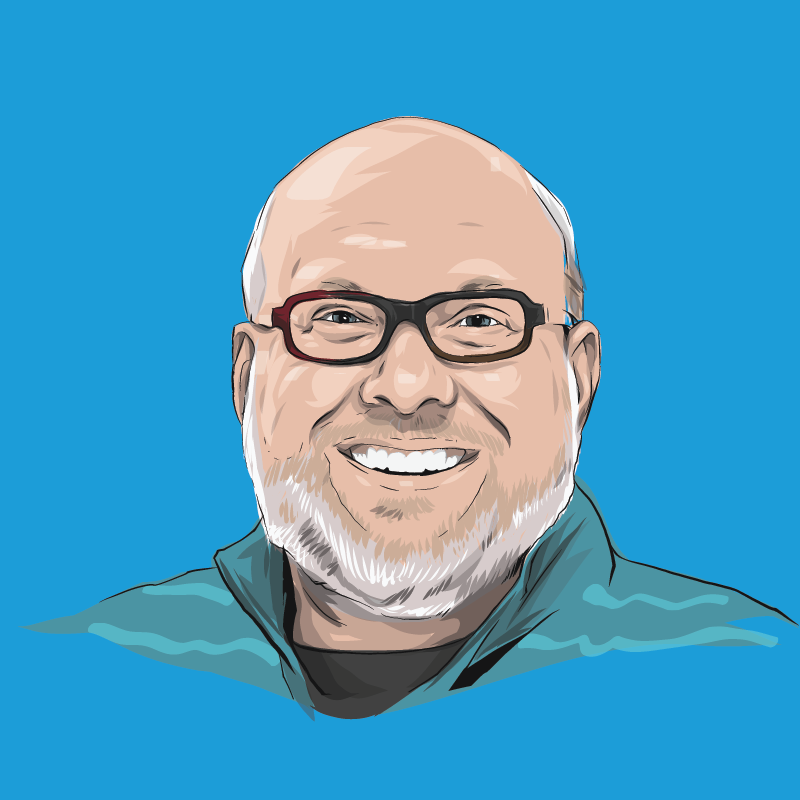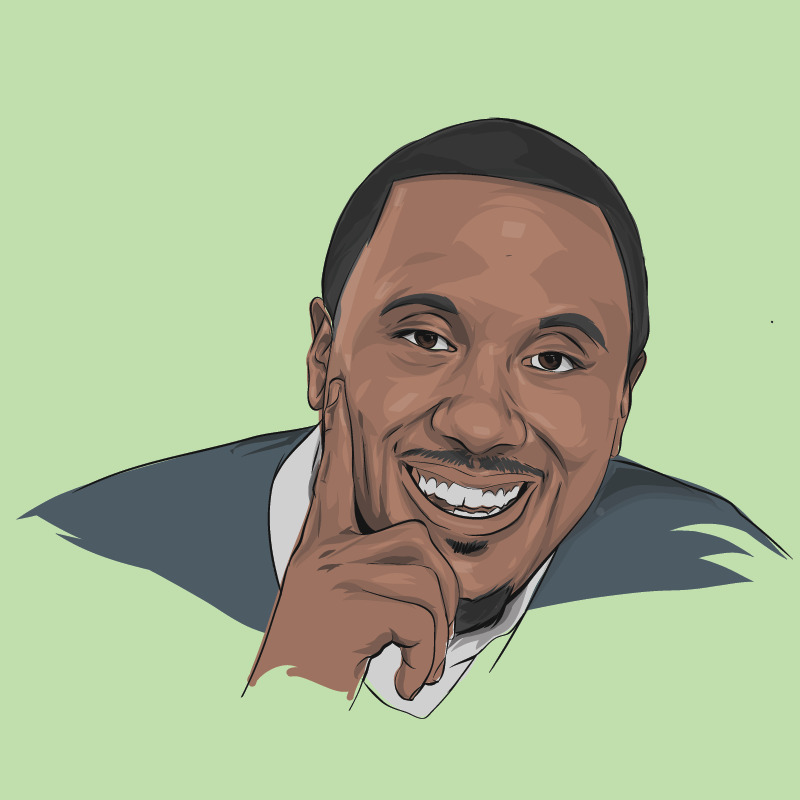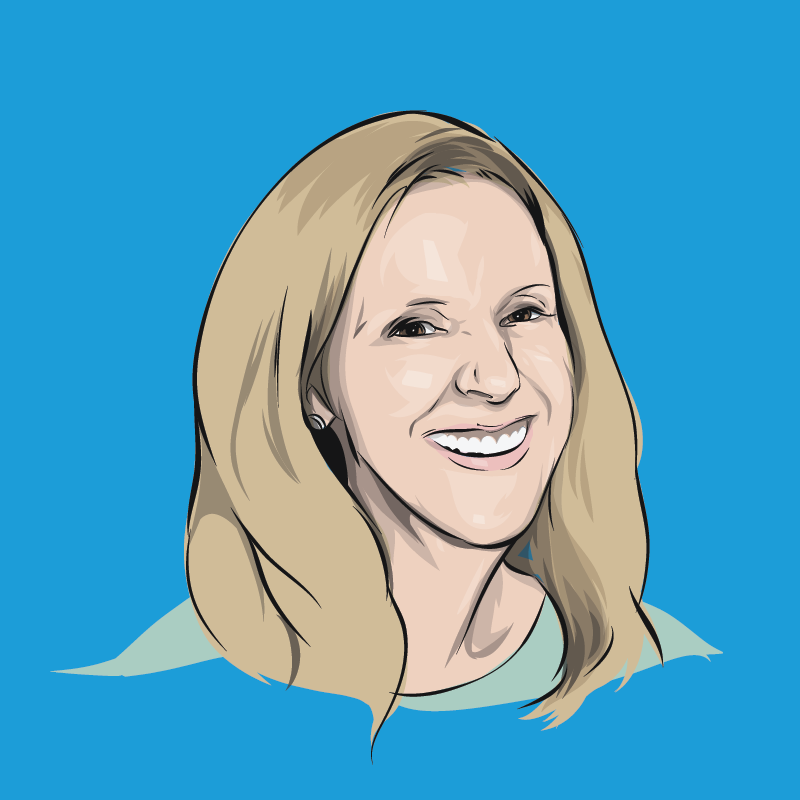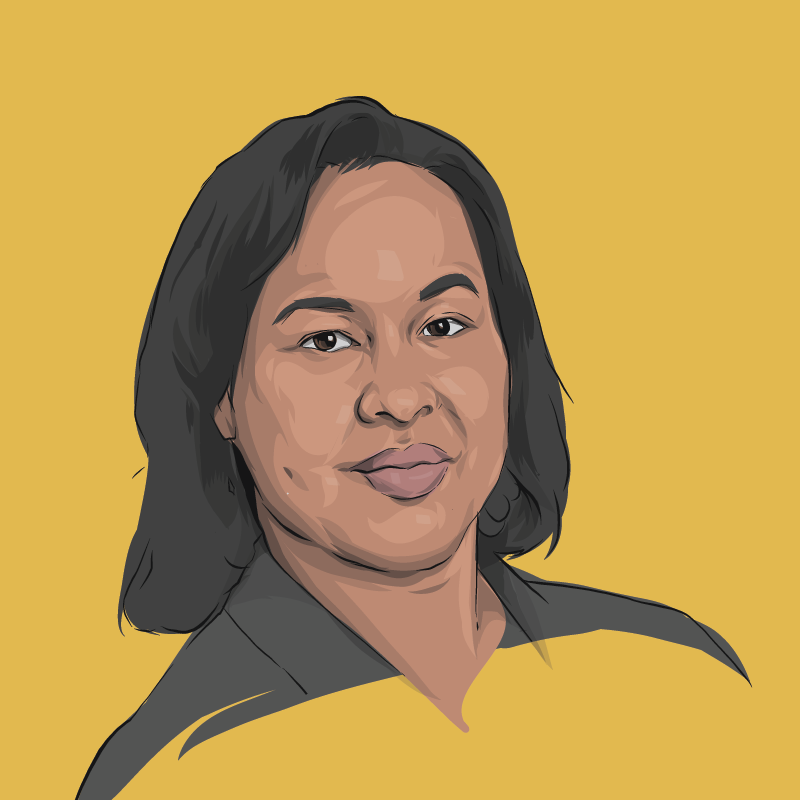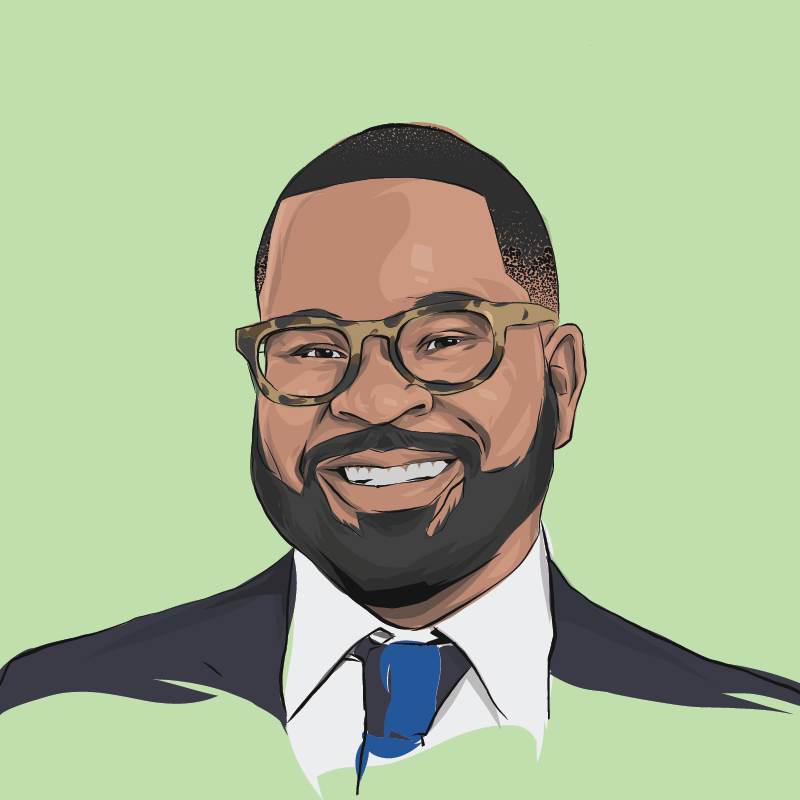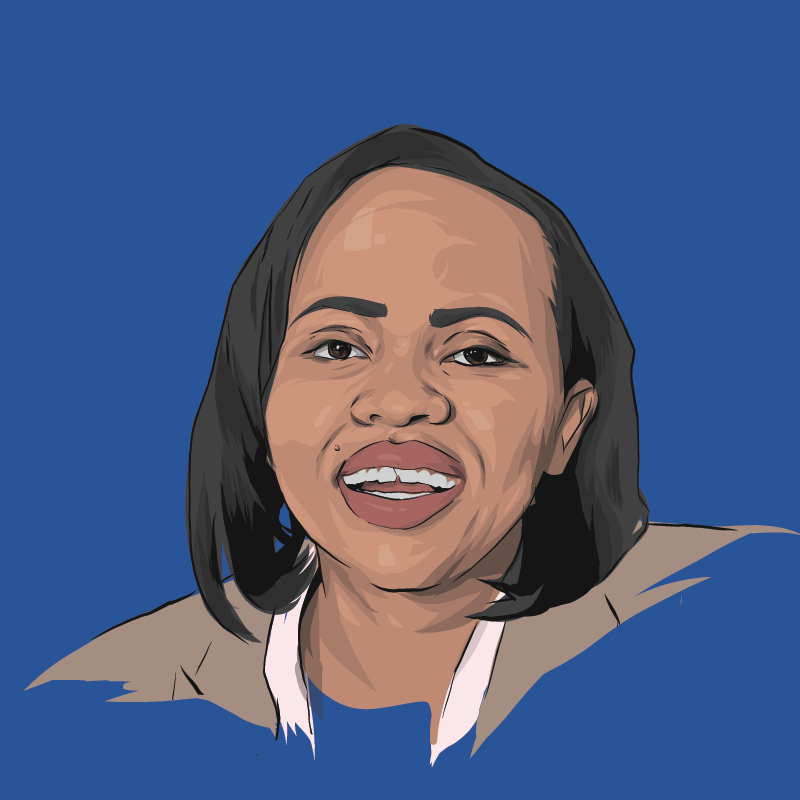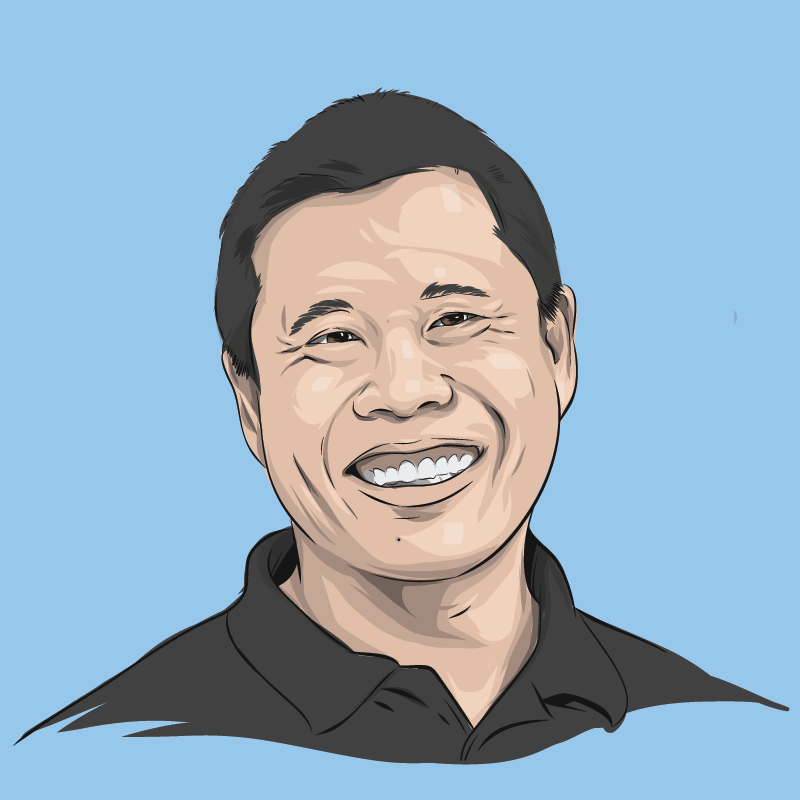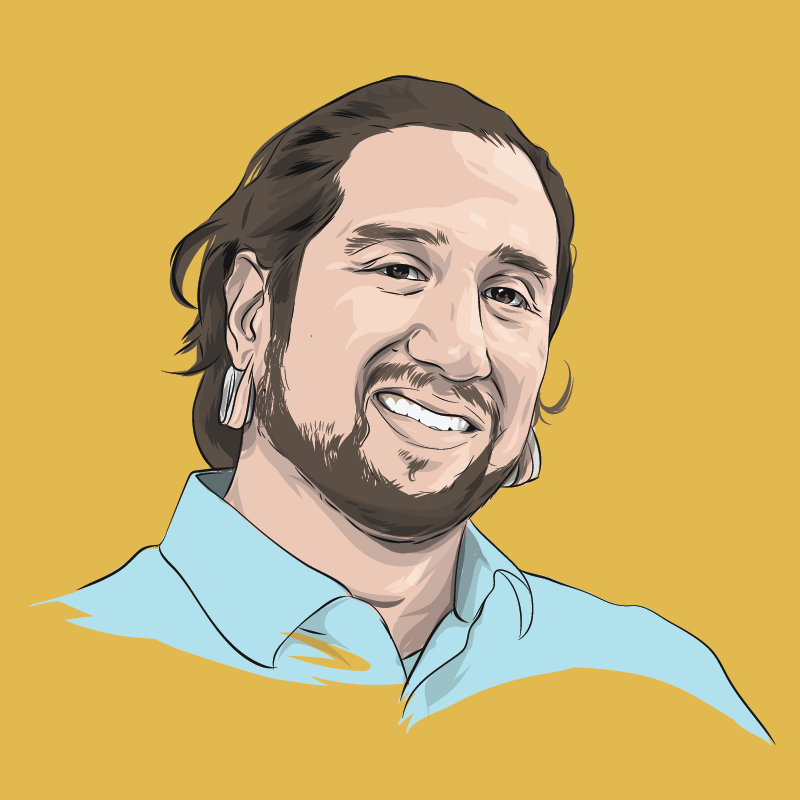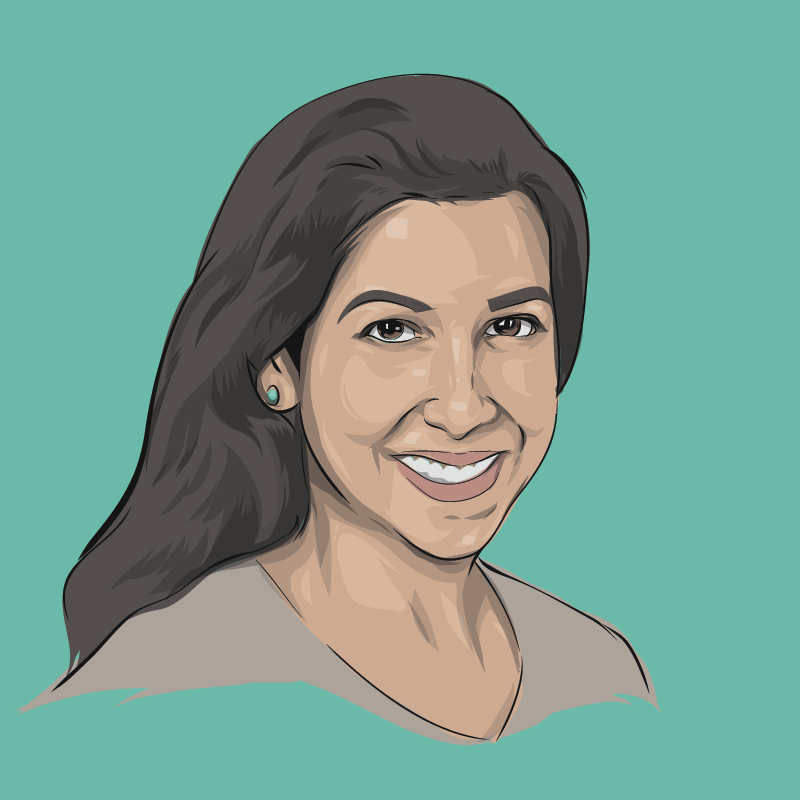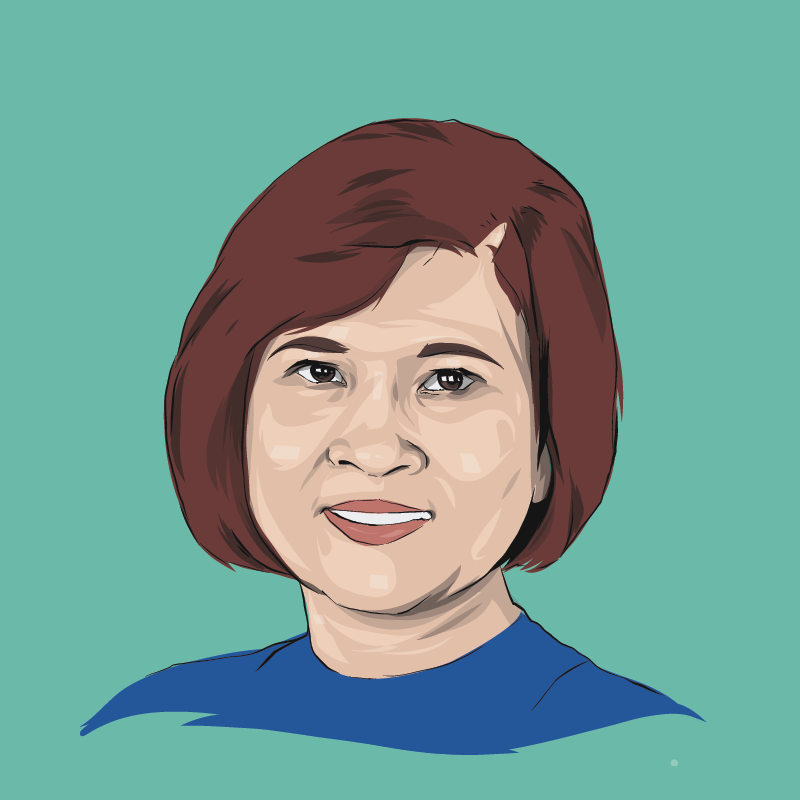Shari Davis

Oakland, California
Winning over people's hearts and minds
The Alchemist by Paulo Coelho
How we spend public funds impacts schools, healthcare, job training, transportation, and other critical areas of our lives. Underrepresented communities are disproportionately affected by public funds, and are most often left out of the conversation. And while local residents hold a wealth of knowledge about the problems and opportunities that surround them, official budgetary processes can be difficult for residents to understand and engage with. In the absence of a mechanism for community members to voice their priorities and engage with the budgetary process, budgeting decisions are made without a deep awareness of local needs.
The Participatory Budgeting Project (PBP) supports neighborhoods, cities, schools, organizations, and public officials in using “participatory budgeting” (PB), a democratic process in which community members propose projects and vote on how a portion of the budget is spent. In 10 years, PBP has supported over 400,000 people in 29 cities to allocate $300 million for projects at schools, parks, playgrounds, and libraries – projects that build on local residents’ knowledge of their communities’ needs. Those who participate in PB learn how to work with government agencies to make positive change and go on to engage further in civic life. PBP empowers people of color, immigrants, low-income communities, youth, formerly incarcerated people, and other groups that are underrepresented in public decision-making. The organization provides training, support, resources, and connections to help communities navigate the PB process. PBP is deepening civic engagement, building equity and inclusion, and making government more effective and responsive.
"When I was overseeing youth initiatives in the City of Boston, the Mayor asked me to run a youth participatory budgeting (PB) process. I nervously said yes, not knowing what PB was or how I was going to run it. I read as much as I could and worked with folks from the Participatory Budgeting Project to figure out what this was. Seven months later we saw thousands of young people decide on how one million dollars of the city's capital budget would be spent.
I'm most proud of the shift in the way that the City of Boston does business, which this initiative represents. I fell in love with working with communities all over the country, especially the amazing people in Boston who continue to lead and iterate this work. I'm so proud of them."
